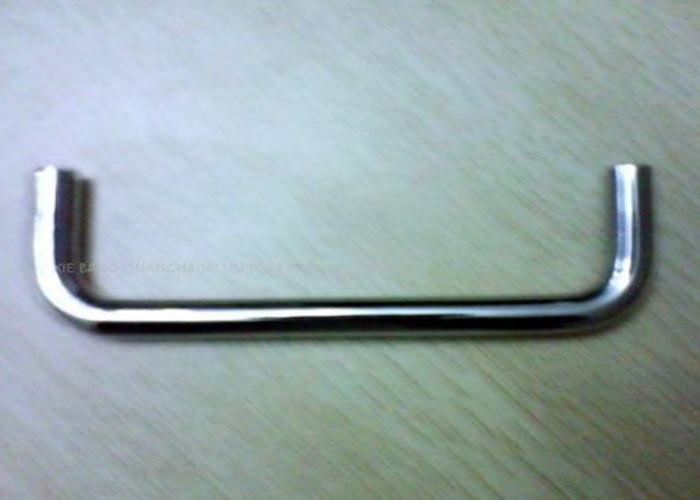High purity aluminum is one of the softest metals, which makes it extremely pliable, and easy to bend or otherwise form without compromising its integrity. It is extremely flexible and workable, versus steel, for example, which is a much harder metal to shape. While pure aluminum is generally the easiest type of aluminum to bend and form, there are some aluminum alloys which are better for bending than others.

Bending aluminum tube tubing
Bending aluminum tube tubing Characteristics to Consider :
When determining whether a particular aluminum alloy is right for bending, the following factors should be considered:
1. Formability of
Bending aluminum tube tubing
There are certain alloys which have a higher degree of formability than others, which makes them a better fit for the bending process. Often, the higher the formability of the alloy, the lower the strength,
2. Thickness and Bend Radius of
Bending aluminum tube tubing
Another important factor to consider during the bending process is the thickness and bend radius of the alloy. As with any sheet metal, aluminum “work-hardens” during the forming process, which means that it gets stronger and harder during the bending process. If the radius is small or sharp compared with the thickness of the material being bent, then the material will be overworked and more susceptible to failing.
3. Elongation of
Bending aluminum tube tubing
The percentage of elongation is another important factor to consider when bending alloys, and refers to the difference between a material’s yield strength and its ultimate tensile strength. Yield strength refers to the point at which an aluminum alloy is bent and no longer returns to its original shape. Tensile strength refers to the total amount of stress that can be applied to a material before it breaks. The greater the difference between the two, the better the alloy formability will be.
Best Aluminum Alloys for
Bending aluminum tube tubing
In addition to pure aluminum (Series 1xxx), Series 3xxx, 5xxx and 6xxx are considered best for forming and bending. Within each series the following alloys are considered exceptionally great for bending, for various reasons:
Series 3003, a non-heat treatable alloy, is a great solution for various applications, as it a relatively strong alloy, has high cold workability, and a high percentage of elongation (25%).
Series 5052 is another great non-heat treatable alloy to use in bending projects, which is almost as good as Series 3003. It is highly corrosion resistant, is the strongest non-heat treatable alloys, and is has excellent formability.
Series 6061,6063, a heat treatable alloy that is often used for bending, as it has the potential for high tensile strength as well as a high elongation percentage.
Series 7xxx and 2xxx series alloys, on the other hand, are not recommended for tube bending projects, as they are the strongest series, which makes them difficult to bend and form.
